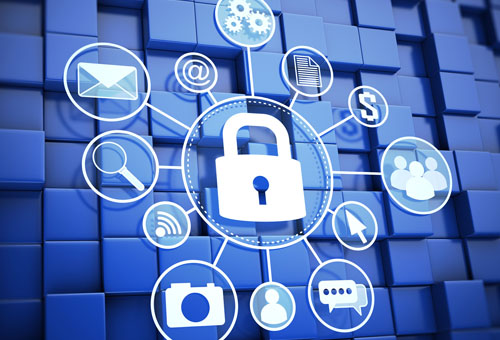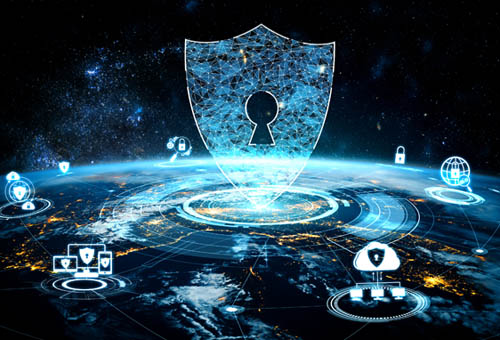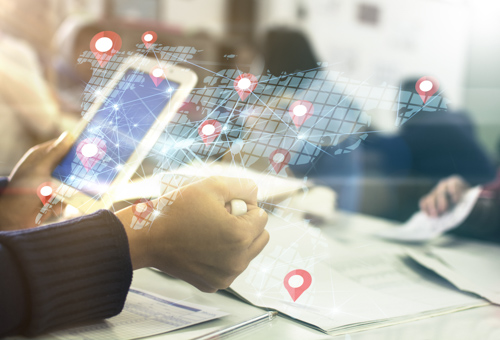


In the modern cyber-world, almost all criminal investigations have an online aspect that can be used to further investigations and more quickly solve otherwise difficult cases. Join us to examine open source online intelligence/information and learn how to leverage free platforms, databases, and web applications to strengthen criminal cases. Uncover little known facts and techniques to optimize results using online search engines and online internet resources, which will support your investigations and prosecutions. Learn how to complete and serve search warrants for a variety of electronic information and databases to further all types of investigations. Develop new skill sets to establish contacts and open-source intelligence networks to provide ongoing criminal and threat intelligence in your jurisdiction.

The Internet of Things (IoT) involves a web of data which requires planning to access and manage. During this training, we will explore devices and their connected systems, to understand how they create valuable evidence and could have significance at crime scenes. Examination through live demonstrations on how to retrieve and review the data, identify applicable Fourth Amendment concepts, and apply them to build a legally defensible and ethical case will be discussed.

As the Internet of Things (IoT) becomes ubiquitous in our everyday lives there are privacy and security concerns that citizens should be aware of. This training will provide an overview of IoT and will teach law enforcement officials methods to engage with their communities to provide information about IoT privacy and security. Steps that community members can take to be safer with these devices, and effective teaching strategies regarding prevention will be covered.

Explore investigative strategies that address the relationship between child sexual abuse and child sexual abuse materials (child pornography) to supplement an investigation and corroborate victim statements. Gather new tools and resources for the most comprehensive case outcomes.

Technology plays a tremendous role in our children's lives. Learn about the ways children are interacting online to create better understanding and open up meaningful communication. Increase awareness of opportunities to protect and connect with children while also gathering valuable information to mitigate threats posed by individuals who seek to exploit them.

Technology impacts almost every type of investigation today. Uncover the information technology users knowingly and unknowingly leave behind when accessing and using electronic devices. Learn how to covertly strengthen your investigations through gathering personal, public and open source data. Discuss techniques to locate evidence through technologies that can benefit any type of investigation.

Learn current cell phone related strategies and techniques for any type of investigation. Explore and apply current practices for working with different cellular network providers, completing technology-focused search warrants, analyzing cellular provider call data, associating reported data to the investigation and effective case reporting strategies.

Learn how to identify the types of data that is available from connected cars and the difference between network connected cars and vehicle forensics options. Gain knowledge on how to query certain vehicles to determine their connection status to various service providers will also be covered. Explore and be instructed on how to draft legal process for the extraction of vehicle specific data and learn about resources and tools that can assist them in their investigations that involve vehicle data.

Do you set technology device boundaries in your home? Do you provide professional guidance to others about safe technology uses for children and families? Technology devices have a large presence in our daily lives, surrounding us in our homes, schools, and workplaces. They assist us in many ways but can be equally disruptive or dangerous if not marshalled correctly. Dana Miller shares three critical things to consider when teaching or setting your own technology device limits for children and adolescents.

It’s 10 pm, do you know where your children are? Do you know what your child’s online and off-line activities are? Dana Miller shares three critical questions for parents to ask their kids about their tech use.
